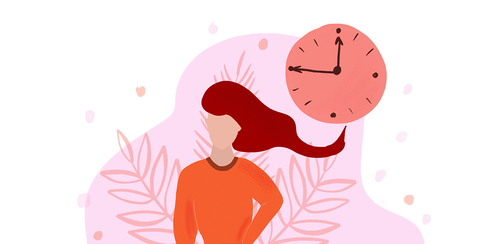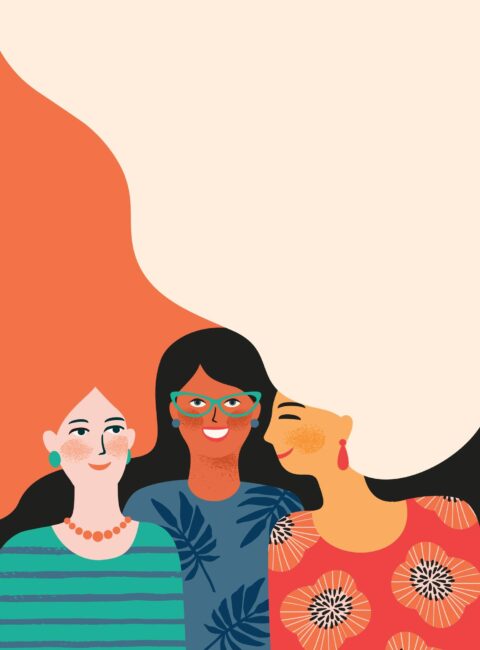The pandemic has brought with it a rise in peculiar nightmares, finds Elisabeth Perlman, who investigates the significance of people’s most common dreams.
The pandemic is doing odd things to our nights. Recently, Google reported record numbers of people searching for dream and sleep-related subjects, while numerous studies have found a surge in people reporting strange dreams. In the first lockdown, in a survey of 2,254 UK residents by King’s College London and Ipsos Mori, two in five people reported having had more vivid dreams than usual, with those who were stressed about coronavirus being twice as likely to experience them.
Meanwhile, researchers at the University of Helsinki have reported an increase in nightmares and dreams with Covid-related themes (in particular, anxiety over social distancing) and the Museum of London has announced plans to collect dream tales from volunteers for its Guardians of Sleep project.
Decoding your dreams
Did lockdown keep you up? You’re not alone. The pandemic has caused people to feel more anxious about everything from health to finance. The brain tags such concerns for processing during sleep, according to Robert Stickgold and Antonio Zadra in When Brains Dream. Stress also disrupts our slumber, often leading to fragmented sleep. “These nocturnal awakenings lead to recall of dreams that would have otherwise been forgotten,” they say.
Also, dreams from REM (rapid eye movement) sleep are generally stranger than those from non-REM sleep. “Dreams become more bizarre and more emotional as we move from one REM episode to the next,” they say. Many people are no longer commuting, so they have more time to sleep in and REM sleep is more intense during early morning sleep.
Common dreams explained
In a third of all dreams, misfortunes take place. That rate is seven times greater than the rate of good fortunes, according to Robert and Antonio. Some report dreaming about their teeth falling out: “A small ‘t’ trauma” that we all experience in childhood,” Robert says.
Similarly, he adds, we’ve all been late for an important event or felt anxious about exams. “Your brain has, for each of these situations, potentially hundreds of overlapping memories of concerns that you’re not going to do something right.” That means that when you go to sleep anxious about something completely different later in life, your brain goes looking for a weak association and finds one of these old worries, which is incorporated into your dream.
About 70 percent of adults report having had at least one recurrent dream during their life. “If you have a recurrent dream and wonder why it pops up when it does, pay attention to the emotionally salient events or stressors that took place immediately before each recurrence of the dream,” Robert and Antonio write. “You may find, for instance, that the dream appears … when you are going through periods of self-doubt.”
In the 1970s Allan Hobson, emeritus professor of psychiatry at Harvard Medical School, suggested that we dream about flying because our brain is registering the activation of the motor cortex during sleep. “The brain is receiving signals that we are moving, but our limbs aren’t actually flexing. One way to interpret this would be to imagine that we’re flying,” Robert says.
Sex matters
We’re not often alone in our dreams, but instead with at least two other characters. About half of those tend to be familiar, the others are unknown. Women’s dreams contain an equal number of men and women, but men’s dreams contain twice as many male characters as female. “The societal effect is clear. Men and women are both biased towards assigning more importance to men than to women,” Robert explains.
Women are more likely to be victims of aggression in their dreams. “This reflects waking concerns,” Robert says. “Men tend to engage in physical aggression more than women in real life.” And women dream more about school and teachers than men. “Women take their studies more seriously. They show greater concern about doing well academically,” Antonio says.









